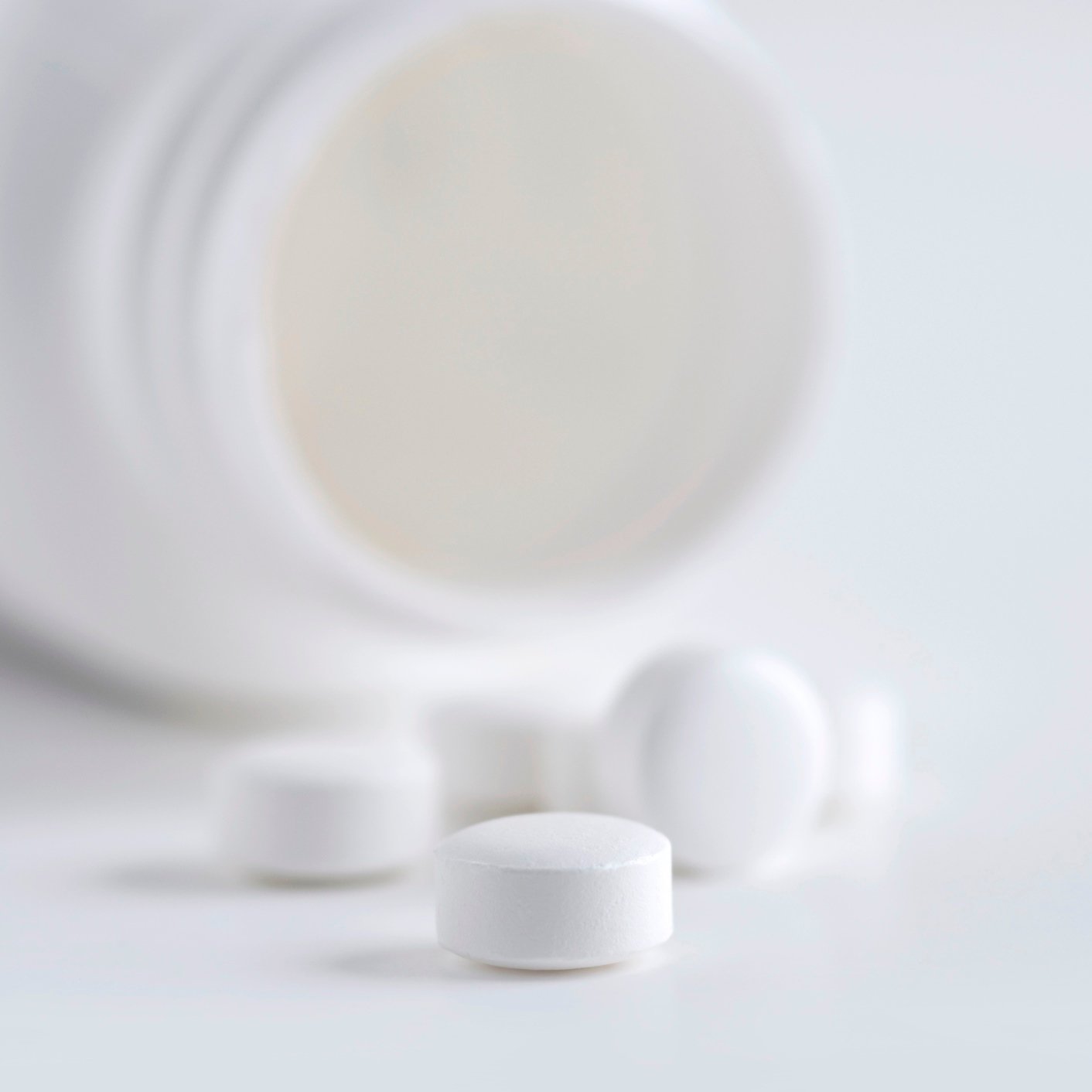Health and Healthcare
Analysts Show More Caution Toward Gilead's Mystical Recovery

Published:
Last Updated:

Gilead Sciences Inc. (NASDAQ: GILD) was supposed to be coming back as a company on the heels of its first major acquisition in years. Unfortunately for the company and its shareholders, the post-earnings reaction has not been any help at all on that front. And the analyst pool also has taken down expectations with significant price target downgrades.
First-quarter revenue of roughly $5.09 billion and non-GAAP earnings of $1.48 per share missed consensus estimates of $5.4 billion and $1.67 per share. What hurts here for value and turnaround investors alike is that Gilead’s earnings were $2.23 per share a year ago, with revenues of $6.37 billion.
Gilead may be anticipating $20 billion to $21 billion in net product sales during 2018, but the stock was handily lower. Some investors also are wondering now if Gilead’s deal machine for Kite and other potential opportunities for mergers or partnerships will really pay off for the next leg of the company’s growth.
While we already covered the rest of the Gilead earnings report in detail, 24/7 Wall St. wanted to look at the pool of analyst calls that have been made on the stock. The direction may seem pretty obvious, but by how much is another matter.
Merrill Lynch maintained its Neutral rating but lowered its price objective to $78 from $87. The firm noted that HCV sales are being hurt by competition from AbbVie, while HIV drug sales were negatively affected by an inventory drawdown. Yescarta was said to be the silver lining, with first-quarter sales of $40 million more than doubling expectations, but this is a tiny drop in the bucket for a company that is going to have $20 billion or so in revenues.
Credit Suisse maintained its Neutral rating and $80 price target. The firm noted that Gilead missed revenue expectations, as HIV inventory had an impact on results, at the same time it reaffirmed its product sales guidance. Credit Suisse believes investors are skeptical of that guidance, and it lowered its HIV and HBV revenue estimates by about $1 billion to $14 billion in 2018. Still, the firm feels that Gilead’s strong cash position allows the company significant flexibility to grow its revenues in the near-term.
Other analyst calls have been summarized below:
Gilead shares were last seen trading down 6.8% at $67.62, and they have a 52-week trading range of $63.76 to $89.54. Despite Gilead having reached a share price of almost $120 back in 2015, it still has a market value of $88 billion.
Finding a qualified financial advisor doesn’t have to be hard. SmartAsset’s free tool matches you with up to 3 fiduciary financial advisors in your area in 5 minutes. Each advisor has been vetted by SmartAsset and is held to a fiduciary standard to act in your best interests. If you’re ready to be matched with local advisors that can help you achieve your financial goals, get started now.
Thank you for reading! Have some feedback for us?
Contact the 24/7 Wall St. editorial team.